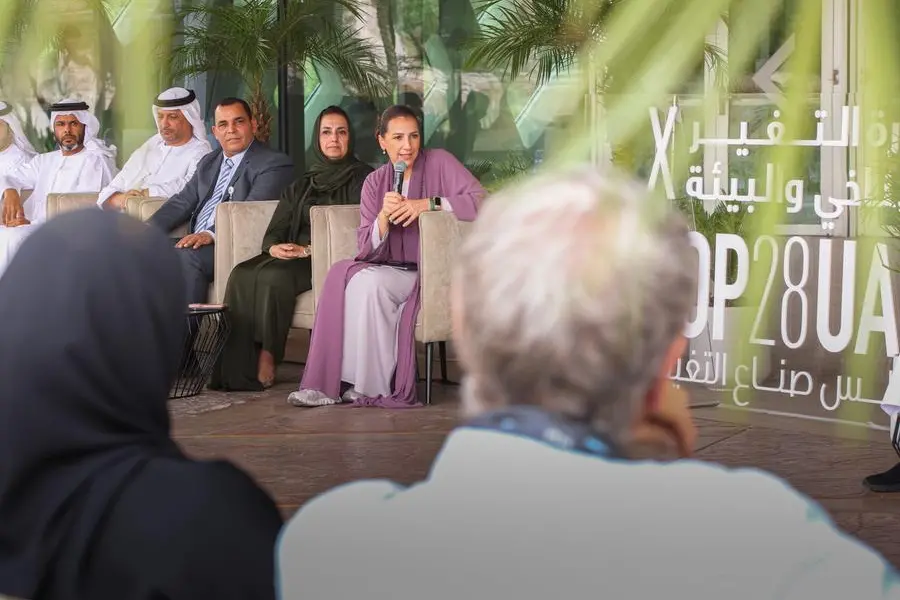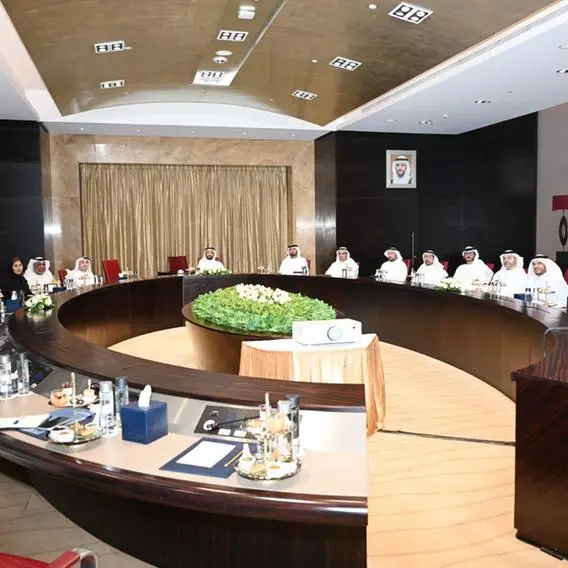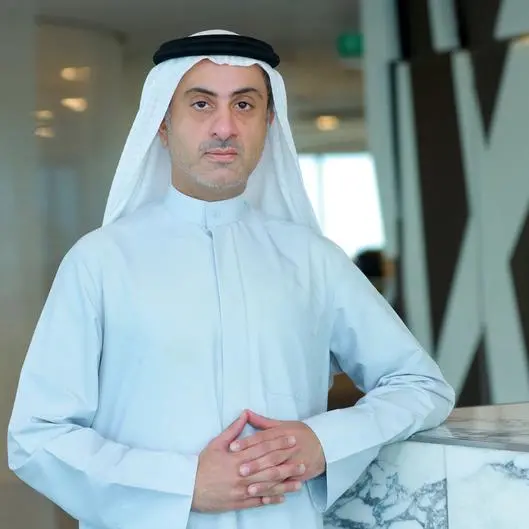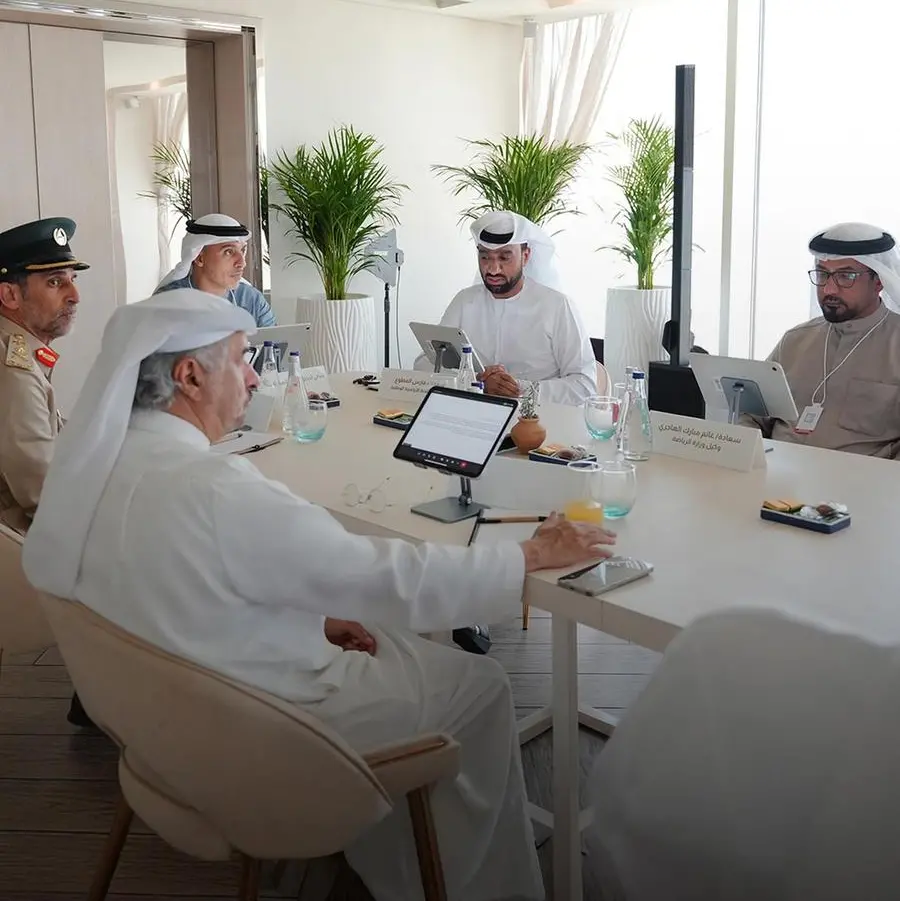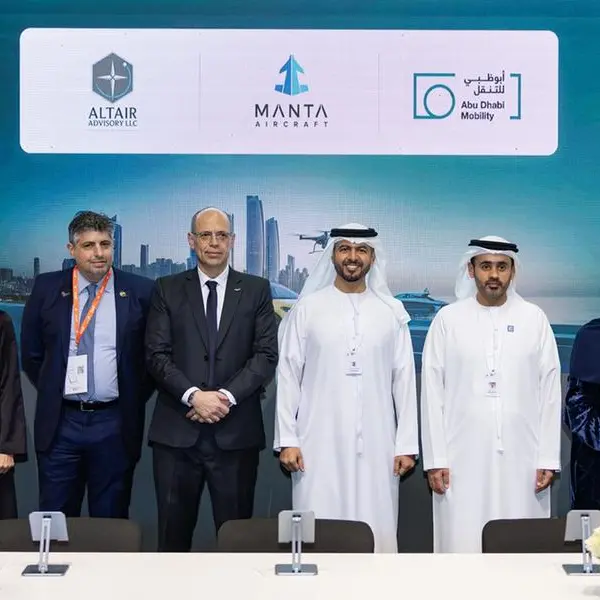PHOTO
Al Ain, UAE: Today at a meeting of climate and biodiversity experts in Al Ain, H.E. Mariam bint Mohammed Almheiri, UAE Minister of Climate Change and Environment, called for greater cooperation, stronger efforts, and more action in implementing policies to protect biodiversity in the UAE, revealing that nearly half (46.7%) of the nation’s mammal species are now endangered.
The fifth in a series of eight COP28 Changemakers Majlis sessions was held in Al Ain Zoo at Sheikh Zayed Desert Learning Centre, organised by the UAE Ministry of Climate Change and Environment (MoCCAE). The series consists of eight sessions that will be held ahead of the launch of the UAE COP28 later this month.
H.E. Mariam bint Mohammed Almheiri, UAE Minister of Climate Change and Environment chaired the Majlis, and the session was moderated by Hiba Al Shehhi, Acting Director of Biodiversity Department in the MOCCAE. The Majlis attendees comprised local climate leaders and innovators from the government, private sector, industry, education, and other key sectors, including representatives of the Environment Agency – Abu Dhabi, the Al Ain Municipality, Al Ain Zoo, as well as private sector companies and research and academic institutions.
The Majlis also saw a number of leaders from the Ministry of Climate Change and Environment attend, including H.E. Mohammed Saeed Al Nuaimi, Acting Undersecretary of the Ministry, H.E. Dr. Mohammed Al Hammadi, Assistant Undersecretary for Biodiversity and Marine Life Sector, H.E. Dr. Nawal Al Hosany, Acting Assistant Undersecretary of Green Development & Climate Change Sector, and H.E. Eng. Atheiba Al-Qaidi, Acting Assistant Undersecretary for the Sustainable Communities Sector.
Speaking at the event, Her Excellency said: “Al Ain is the city of the UAE Founding Father, the late Sheikh Zayed bin Sultan Al Nahyan. The city stands as a haven for our flora and fauna, with its ancient 3,000 acre oasis - the UAE’s first UNESCO World Heritage Nature site and the Zoo, a sanctuary for some 4,000 animals, which demonstrates incredible work every day to protect our biodiversity. Enhancing biodiversity is key to addressing climate change, as efforts to preserve nature are affected by climate change.”
Her Excellency highlighted that while the UAE has a strong record of nature and biodiversity preservation, we must continue to do more to protect our ecosystems. She added that the UAE has 49 protected areas and many programs to preserve endangered species.
She reminded guests of the wide-reaching policies the UAE has in place, including the UAE National Biodiversity Strategy and the UAE National Invasive Species Strategy & Action Plan, which both serve as are testament to the country’s commitment to protecting its species and their habitats.
The nation, she reminded Majlis guests, has pledged to plant 100 million mangroves by 2030, and enjoys a reputation for effective breeding and reintroduction programs for several endangered species, including the houbara bustard, Arabian leopard and Arabian tahr, alongside numerous projects committed to coral rehabilitation.
The status of local species diversity has been assessed through the UAE National Red List project, which evaluates the risk of extinction for 1,167 species in and identifies endangered species.
The Minister added: “We must work to solve the challenges we face in protecting vulnerable or endangered species, identify areas of weakness, and discuss pathways for progress and collaboration. To ensure we protect nature and our biodiversity, we must foster greater cooperation, research, and effective policy implementation”.
She challenged the attendees to consider what more they could do to support these efforts.
The Majlis discussion considered ideas and programmes of best practice at a local level and saw a discussion on how to scale these up across other environments.
Ways to enhance the role of the private sector in the country’s biodiversity programs were also reviewed, such as providing care for animals, transporting them, and implementing programs to preserve and multiply endangered species. The event also emphasised the need to link the private sector’s contribution with the government providing specific incentives to companies participating in these efforts.
The Majlis expressed great interest in raising the public’s awareness of nature such as by organizing trips to explore nature at night and arousing the interest of children and young people in seeing the animals, birds, reptiles, insects and wildlife that the country’s deserts enjoy. The meeting also called for greater focus on nature to enhance community happiness.
As part of its efforts to raise environmental awareness, the Majlis pointed out the need to increase awareness among various societal groups, including people of determination, by developing environmental education programs in sign language, stressing there is a need to introduce environmental culture into school curricula because preserving the environment begins with education. The attendees also pointed out the need to train teachers on such curricula.
The Majlis highlighted the need to increase efforts to recycle water used in facilities for irrigating green areas to enhance the preservation of nature and maximizes its benefits, especially within cities.
About the COP28 UAE Changemaker Majlis series
The COP28 UAE Changemakers Majlis series, which is supported by the Salama bint Hamdan Al Nahyan Foundation, is a high-level, aspirational, action-oriented conversation focusing on realising the UAE’s bold ambitions of advancing innovative climate solutions.
As part of COP28 Presidency team’s efforts to ensure inclusivity at the crucial talks, which begin in just 9 days, each Emirate has hosted, or will shortly host a Majlis.
Hosting a curated group of influential local leaders, the events represent the chance to discuss specific climate change challenges and co-design clear, actionable solutions.
The objective of the UAE Changemakers Majlis stream is to bring together local climate leaders and innovators, in a way that creates new pathways for them to discuss climate, sustainability, and Net Zero opportunities, challenges, and partnerships, while highlighting the role they each play in advancing domestic climate goals leading up to, during, and after COP28.
